Mercedes E Class vs Tesla Model 3 - Differences and prices compared
Compare performance (585 HP vs 460 HP), boot space and price (50500 £ vs 31700 £ ) at a glance. Find out which car is the better choice for you – Mercedes E Class or Tesla Model 3?
Costs and Efficiency:
When it comes to price and running costs, the biggest differences usually appear. This is often where you see which car fits your budget better in the long run.
Tesla Model 3 has a significantly advantage in terms of price – it starts at 31700 £ , while the Mercedes E Class costs 50500 £ . That’s a price difference of around 18785 £.
As for electric range, the Tesla Model 3 performs decisively better – achieving up to 750 km, about 634 km more than the Mercedes E Class.
Engine and Performance:
Power, torque and acceleration are the classic benchmarks for car enthusiasts – and here, some clear differences start to show.
When it comes to engine power, the Mercedes E Class has a clearly perceptible edge – offering 585 HP compared to 460 HP. That’s roughly 125 HP more horsepower.
In acceleration from 0 to 100 km/h, the Tesla Model 3 is distinct quicker – completing the sprint in 3.10 s, while the Mercedes E Class takes 4 s. That’s about 0.90 s faster.
In terms of top speed, the Tesla Model 3 performs slight better – reaching 262 km/h, while the Mercedes E Class tops out at 250 km/h. The difference is around 12 km/h.
There’s also a difference in torque: Mercedes E Class pulls to a small extent stronger with 750 Nm compared to 660 Nm. That’s about 90 Nm difference.
Space and Everyday Use:
Whether family car or daily driver – which one offers more room, flexibility and comfort?
Both vehicles offer seating for 5 people.
In curb weight, Tesla Model 3 is minimal lighter – 1772 kg compared to 1810 kg. The difference is around 38 kg.
In terms of boot space, the Tesla Model 3 offers hardly perceptible more room – 594 L compared to 540 L. That’s a difference of about 54 L.
When it comes to payload, Mercedes E Class convincingly takes the win – 640 kg compared to 377 kg. That’s a difference of about 263 kg.
Who wins the race in the data check?
The Tesla Model 3 holds a decisive overall lead in the objective data comparison.
This result only shows which model scores more points on paper – not which of the two cars feels right for you.
Costs and Consumption
View detailed analysis
Engine and Performance
View detailed analysis
Dimensions and Body
View detailed analysis
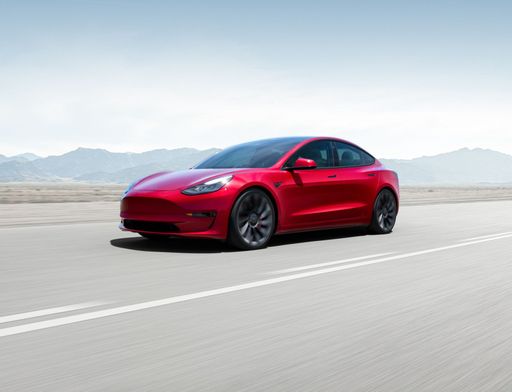
Tesla Model 3
Mercedes E Class
The Mercedes E‑Class is the executive saloon that balances calm refinement with a hint of sporting intent, wrapping luxury in tasteful understatement. It pampers occupants with a composed ride and intuitive tech while quietly reminding you that it’s still very much a Mercedes — authoritative, polished, and unwilling to shout for attention.
details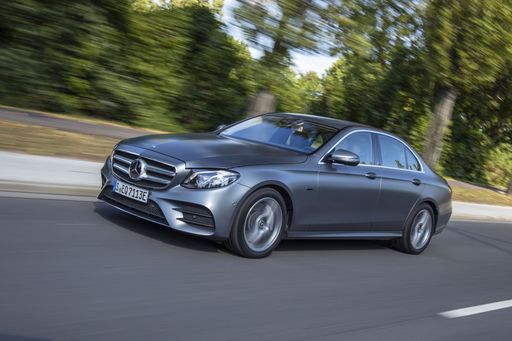
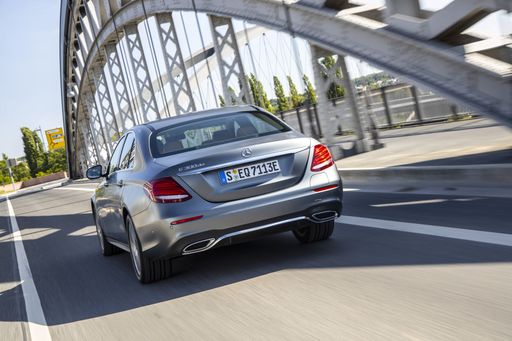
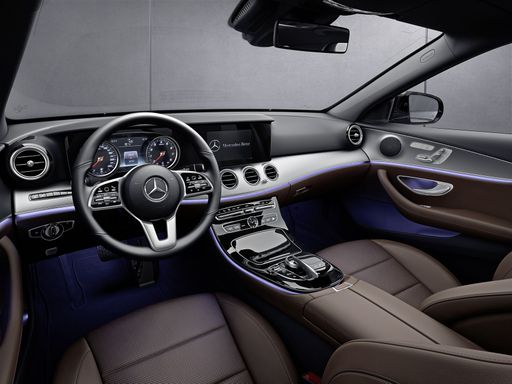
Tesla Model 3
The Tesla Model 3 slices through daily commuting with a silent, confident shove that makes petrolheads reassess their life choices, while its minimalist cabin feels more like a slick gadget gallery than a traditional car interior. For buyers after a fuss-free, tech-forward electric with plenty of grin factor and low running drama, it’s hard to beat—just don't be surprised when the car updates itself overnight.
details
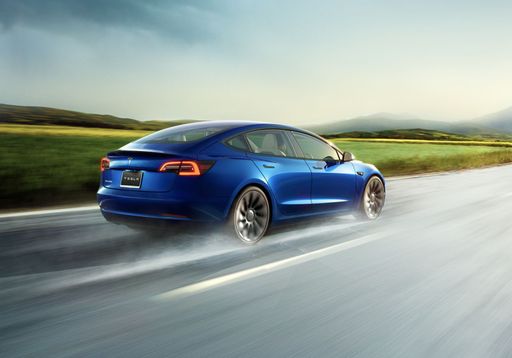
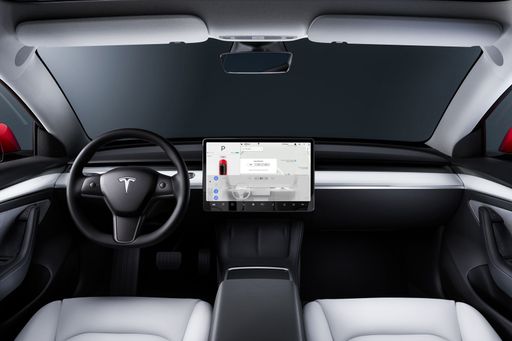
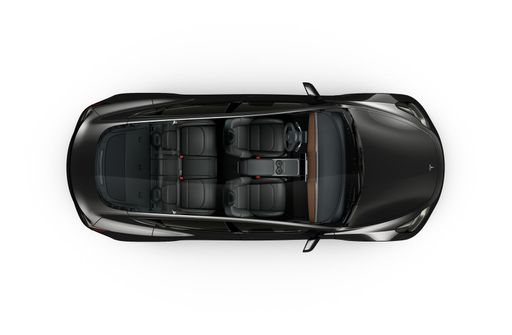
Costs and Consumption |
|
|---|---|
|
Price
50500 - 119700 £
|
Price
31700 - 50100 £
|
|
Consumption L/100km
1.5 - 7.5 L
|
Consumption L/100km
-
|
|
Consumption kWh/100km
-
|
Consumption kWh/100km
13 - 16.7 kWh
|
|
Electric Range
101 - 116 km
|
Electric Range
534 - 750 km
|
|
Battery Capacity
21.20 kWh
|
Battery Capacity
83 kWh
|
|
co2
39 - 172 g/km
|
co2
0 g/km
|
|
Fuel tank capacity
50 - 66 L
|
Fuel tank capacity
-
|
Dimensions and Body |
|
|---|---|
|
Body Type
Sedan
|
Body Type
Sedan
|
|
Seats
5
|
Seats
5
|
|
Doors
4
|
Doors
4
|
|
Curb weight
1810 - 2390 kg
|
Curb weight
1772 - 1929 kg
|
|
Trunk capacity
370 - 540 L
|
Trunk capacity
594 L
|
|
Length
4949 - 4959 mm
|
Length
4724 mm
|
|
Width
1880 mm
|
Width
1850 mm
|
|
Height
1468 - 1480 mm
|
Height
1431 mm
|
|
Max trunk capacity
-
|
Max trunk capacity
-
|
|
Payload
530 - 640 kg
|
Payload
303 - 377 kg
|
Engine and Performance |
|
|---|---|
|
Engine Type
Petrol MHEV, Plugin Hybrid, Diesel MHEV
|
Engine Type
Electric
|
|
Transmission
Automatic
|
Transmission
Automatic
|
|
Transmission Detail
Automatic Gearbox
|
Transmission Detail
Reduction Gearbox
|
|
Drive Type
Rear-Wheel Drive, All-Wheel Drive
|
Drive Type
All-Wheel Drive, Rear-Wheel Drive
|
|
Power HP
186 - 585 HP
|
Power HP
283 - 460 HP
|
|
Acceleration 0-100km/h
4 - 8.5 s
|
Acceleration 0-100km/h
3.1 - 6.2 s
|
|
Max Speed
222 - 250 km/h
|
Max Speed
262 km/h
|
|
Torque
320 - 750 Nm
|
Torque
420 - 660 Nm
|
|
Number of Cylinders
4 - 6
|
Number of Cylinders
-
|
|
Power kW
137 - 430 kW
|
Power kW
208 - 338 kW
|
|
Engine capacity
1993 - 2999 cm3
|
Engine capacity
-
|
General |
|
|---|---|
|
Model Year
2024 - 2025
|
Model Year
2025
|
|
CO2 Efficiency Class
E, F, B, D
|
CO2 Efficiency Class
A
|
|
Brand
Mercedes-Benz
|
Brand
Tesla
|
Is the Mercedes E Class offered with different drivetrains?
The Mercedes E Class is offered with Rear-Wheel Drive or All-Wheel Drive.
